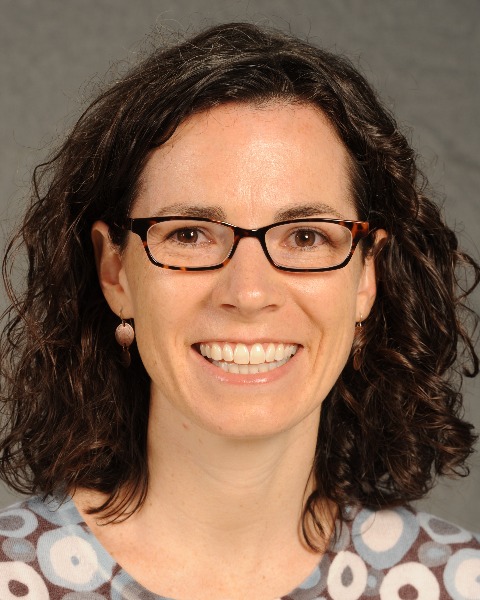Mental Health
Mental Health 1
579 - Expanding Care Coordination After Psychiatric Hospitalization for Pediatric Patients and Their Primary Care Providers
Publication Number: 579.126

Melissa Long, MD (she/her/hers)
Pediatrician
Children's National Hospital
Washington, District of Columbia, United States
Presenting Author(s)
Background:
Pediatric primary care providers (PPCPs) are increasingly managing patients' behavioral health needs, and many receive support in doing so through Child Psychiatry Access Programs (CPAPs). CPAPs usually require PPCPs to initiate requests for clinical consultations for psychiatric medication management and/or care coordination. However, for youth with more severe mental health concerns requiring hospitalization in inpatient psychiatric units (IPUs), PPCPs may be unaware of their patient’s need for a higher level of care and the subsequent discharge plan. Adherence to outpatient follow-up has been associated with reduction in re-admission rates but may be impacted by barriers such as long waitlists for outpatient mental health providers, inadequate communication between IPU and established providers (e.g., PPCPs), and systemic inequities. More family support in navigating these complex systems and barriers is needed.
Objective:
This project examines preliminary data for a novel pilot program that inverted the CPAP model to preemptively provide transitional care coordination for patients after discharge from an IPU at an urban children’s hospital.
Design/Methods:
PPCPs were informed about the hospitalization within 1 week of discharge and were offered streamlined bidirectional communication with the hospital and/or consultation with a CPAP psychiatrist. Patients who were discharged were offered 3 months of extended phone/email care coordination at 4 timepoints.
Results:
From June 2021 to August 2022, 201 unique patients were enrolled. Patients were primarily female (67%), Black (79%), and participating in Medicaid (66%) with mean age of 14.5 years (SD = 2.3 years). Sixty-two percent of PPCPs were reached. No PPCP requested a CPAP psychiatry consultation from June 2021 to November 2021 when this service was offered. Care coordinators reached 84% of families at least once during the program with 27% of families requesting assistance with establishing a new outpatient mental health provider and 48% requesting other support (e.g., help completing forms, calling for an appointment).
Conclusion(s):
The novel inverted CPAP model was feasible for implementation in an IPU transitional setting. Initial findings suggest that extended care coordination may provide benefit to patients after IPU hospitalization as they navigate the complex community-based behavioral health system. PPCPs were more difficult to engage in this inverted model. Future directions include formally examining the acceptability of this program to patients and PPCPs and the impact of the program on readmission rates.
